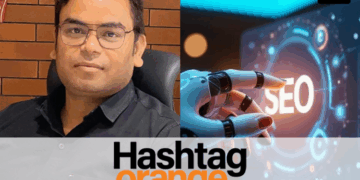There are a couple of major problems that have dominated the healthcare industry and been the rope that pulls back its development in India.
The skewed doctor to patient ratio leaves lesser time for any doctor to spend with one patient where there are ten more in line. With the lack of better technology that can be timesaving and economical, the healthcare industry has come to a standstill.
What’s the new development?
Randeep Singh, the founder of Doxper was inspired by these problems of the healthcare industry and decided to do something about it.
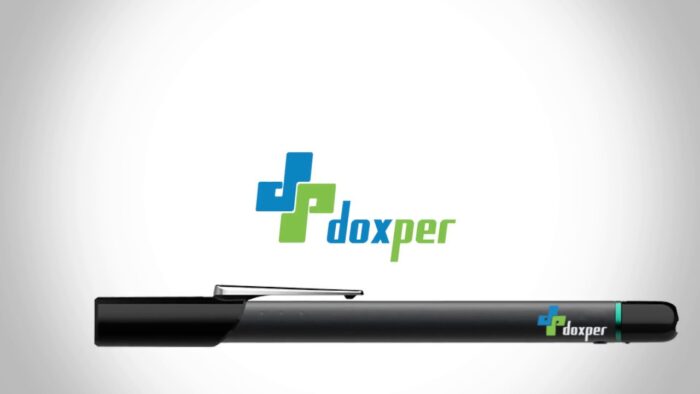
He saw the need for digitalization among doctors but also understood the lack of time on their hands to make digital entries and records. The start-up which recently raised 4 million dollars in Series A funding works directly with Artificial Intelligence and Machine learning.
With co-founders Pawan Jain and Shailesh Prithani, Doxper uses encoded papers and special pens which make recording patient details and prescriptions easier. It is a documentation system that remains paper-based, hence not disrupting habits but at the same time builds a digital base for the healthcare industry.
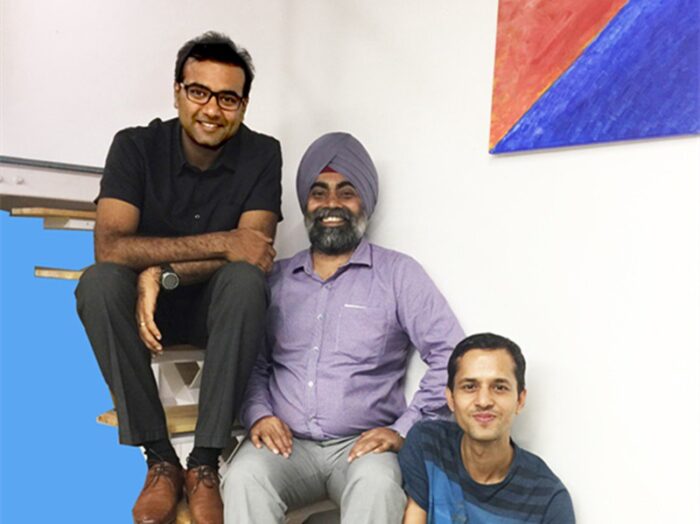
How does Doxper work?
Doxper pens are used by doctors for writing on Doxper provided papers, which in turn have 80-90% accuracy in understanding handwriting, use machine learning to know the doctor’s writing better and keeps a record of every entry.
Clinical Natural Language processing and proprietary handwriting recognition is used, making it easier than sitting down and manually making entries every day. With more than 2000 clinics and 40 hospitals, Doxper now processes more than 6 lakh prescriptions per month.
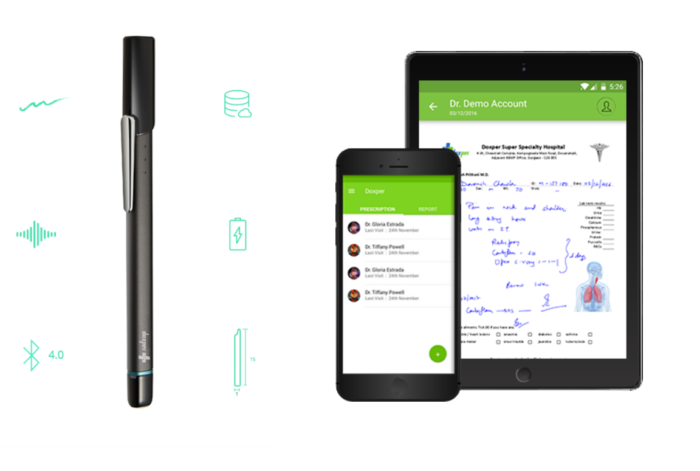
The company works on a simple principle: don’t alter the consultation time of doctors and at the same time increase efficiency by data-keeping.
Any problems?
Well, it was only in 2016 that Doxper got its first customer but the journey has been tremendous ever since. With a 3X year-on-year growth, the company now has plans to go international.
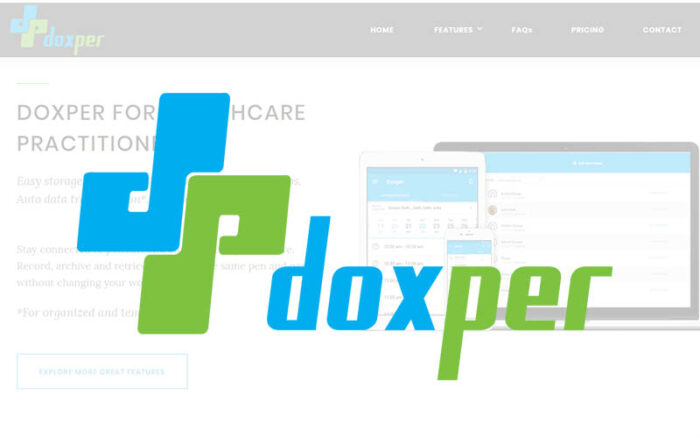
However, many people have expressed concerns about the future extinction of the pen and paper model considering the current pace of the IT revolution. Randeep Singh, who acts as the Chief Scientific Officer for the start-up talks about his belief in the system as the takeover of computers in this industry is a huge infrastructural and budget problem.
The target now? Scalability, more resounding work and a stronger network.



